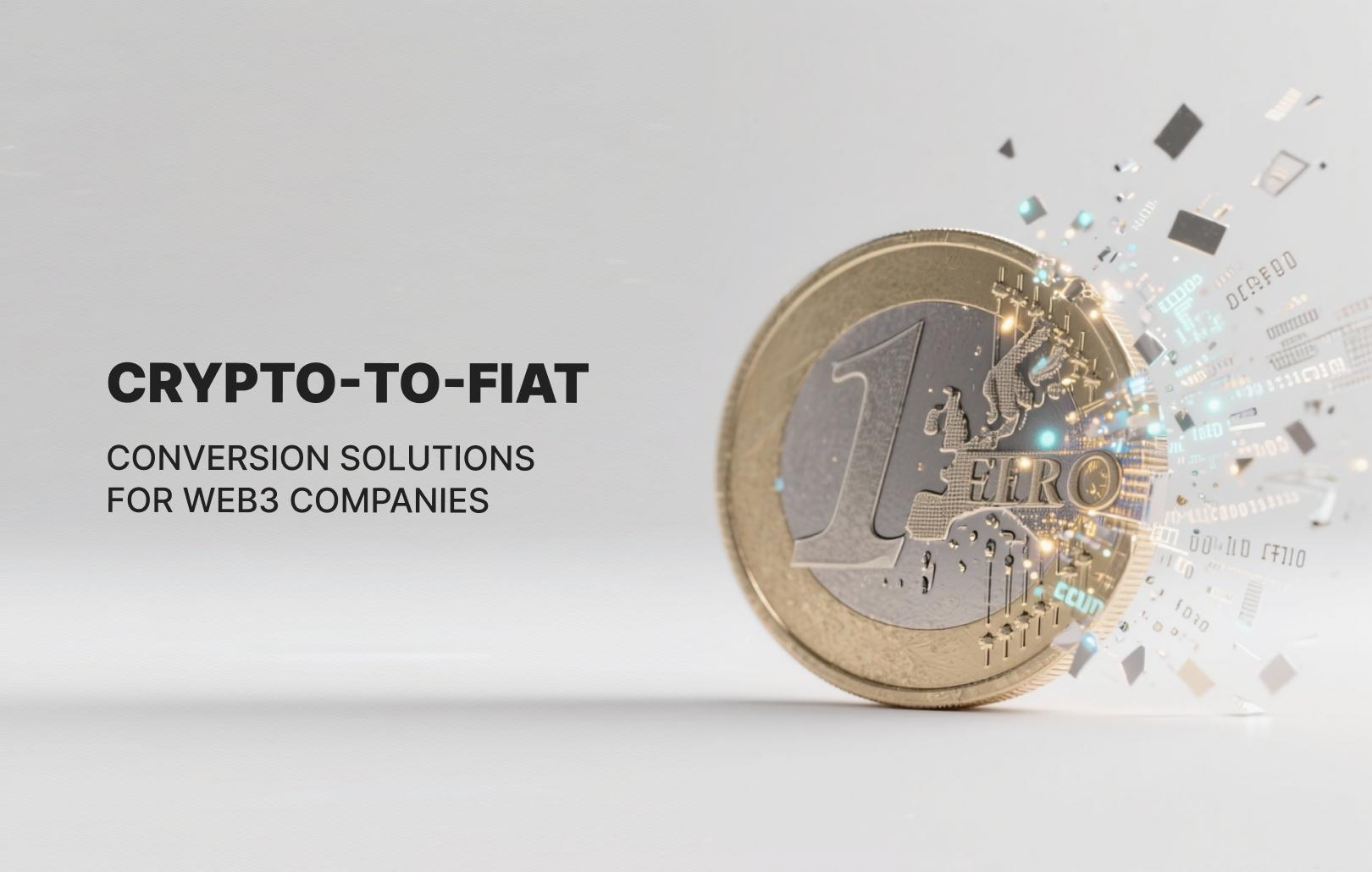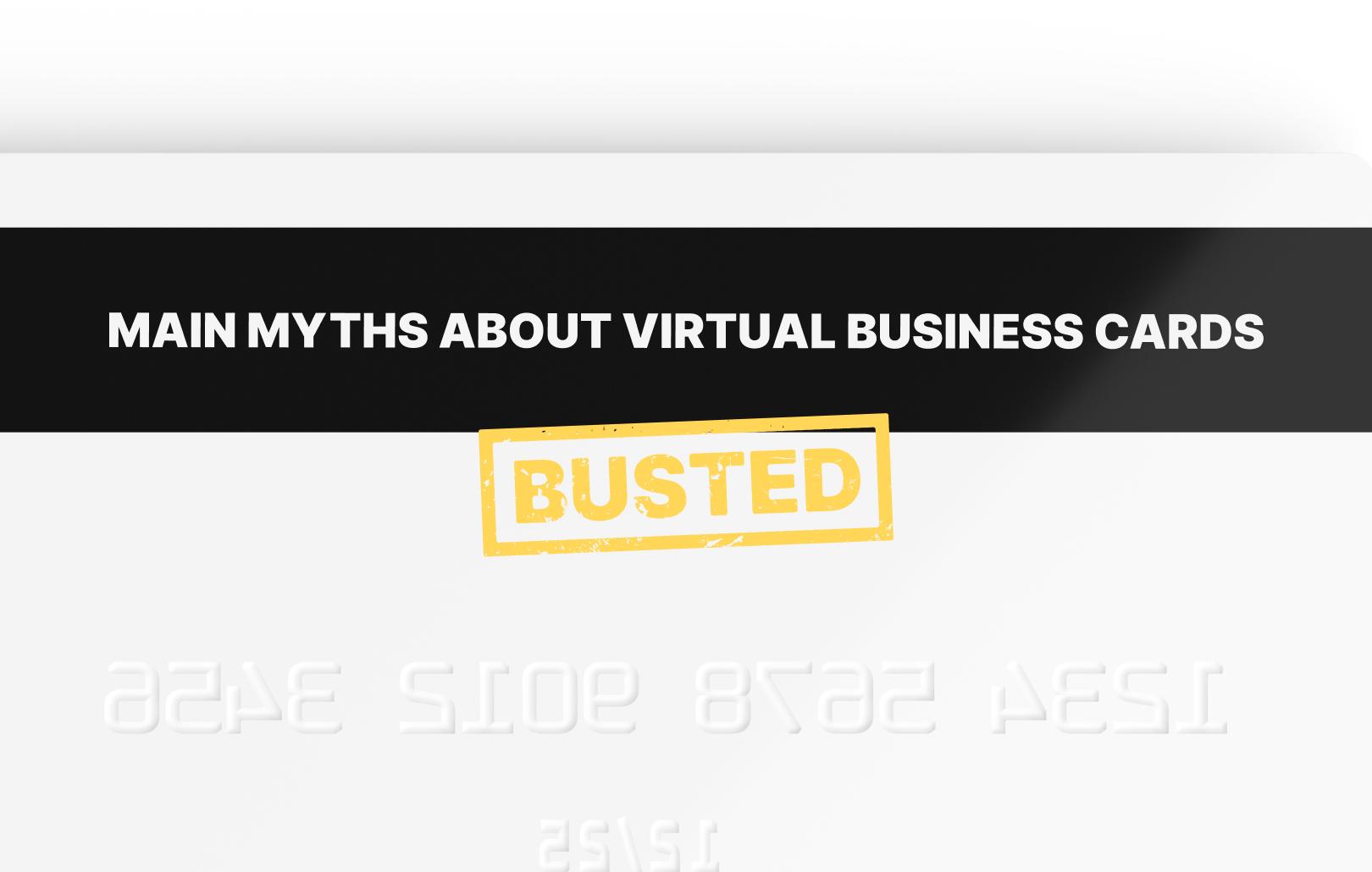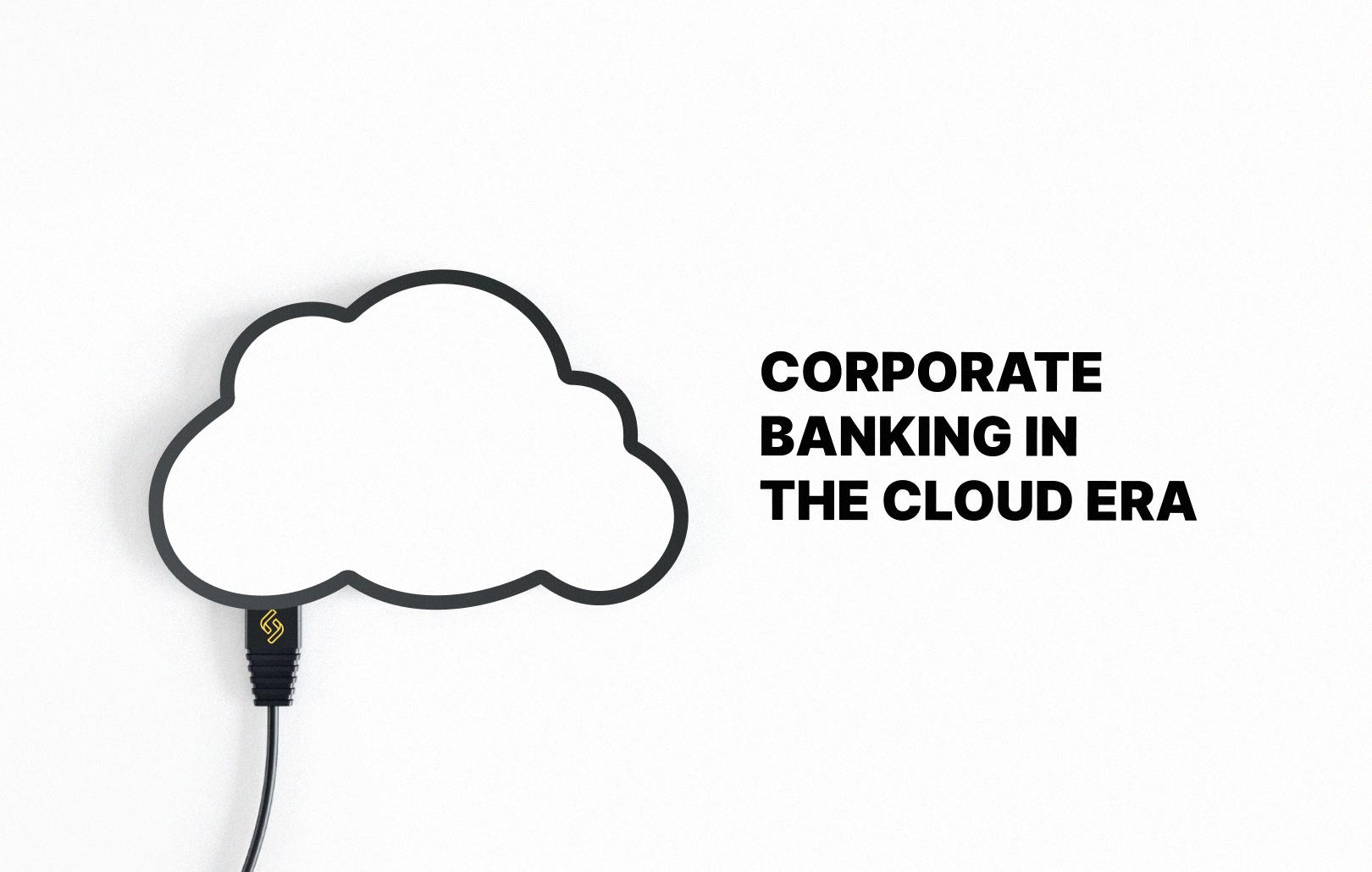Bank of Lithuania’s Financial Market Supervision Service overview
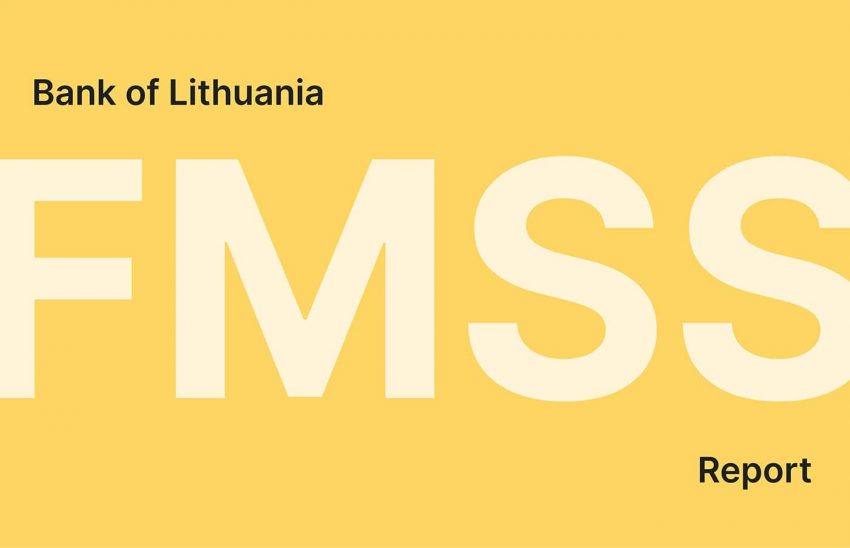
Satchel took part in the annual meeting of the Bank of Lithuania’s Financial Market Supervision Service (FMSS) with Electronic Money Institutions (EMIs), and Payment Institutions (PIs).
The meeting was structured around five specific topics;
- Structural Changes in the FMSS
- Results of the 2017-20 strategy
- Review of the Financial Sector in 2020
- Strategic guidelines for 2021-25
- The work of the FMSS in 2021
FMSS Structural Changes
Several reasons were given for the structural changes not least because of the increasing globalisation and digitalisation of financial markets, the need for a quicker response to the demands of the market, and the changing expectations and needs of users. The post Brexit landscape and the changes in the supervision model in the UK were also a reason for changes to be made within the FMSS.
The strategic guidelines of the Bank of Lithuania of 2017 – 2020
The BoL had five strategic directions for this four-year period.
- Become a centre of excellence in economics and finance
- Become a financial sector partner, promoting innovation and sustainable growth
- Create a competitive and advanced payments market in Lithuania
- Enhance the application of financial asset investment strategies
- Be one of the top three most efficient central banks in the Nordic-Baltic region
Underpinning those directions, a specific aim was to design an advanced, attractive, and competitive regulatory and supervising environment for the financial sector.
Removing what can be considered the excessive and often burdensome requirements for potential market entrants and their participation in the market, and improving the regulatory and supervisory service were seen as key to fulfilling this aim. Listed achievements included;
Revised guidelines for providing payment services
Regulation of the new business models in the insurance market
Detailed requirements for operators of crowdfunding platforms
A Newcomer Programme held in 2020 had more than 500 interested parties, out of which 121 took part in the licencing process. No doubt this was enhanced by the BoL’s newly prepared booklet, “How to properly get ready for licencing”.
Review of the Financial Sector in 2020
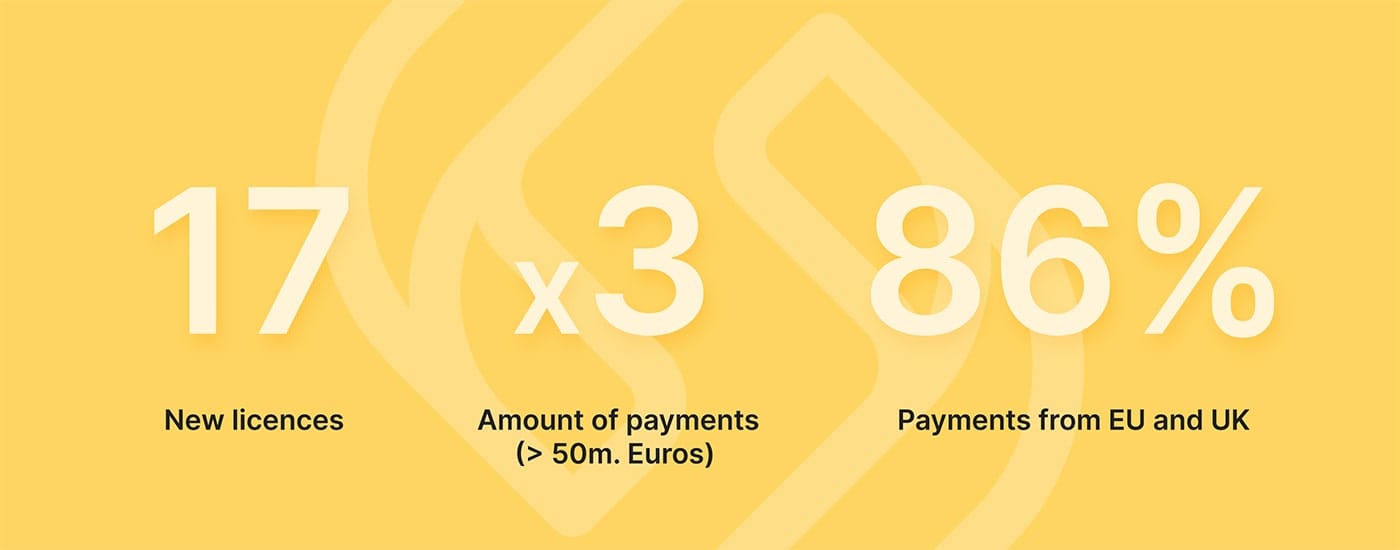
Lithuania is an attractive base for financial institutions, this is evident in the increase of EMIs, and PIs headquartered mainly in Vilnius. 17 new licences were granted and income rose by 71.2 million euros compared to 2019. Payments more than tripled on the previous year exceeding 50 million euros. 86% of those payments are by clients residing in the EU and UK. However, with such positive increases the downside is the rise in complaints made to the BoL. 38% of all complaints received by the BoL related to banks and 36% to EMIs and PIs.
Anti-money laundering initiatives and supervisory procedures were further developed and enhanced, particularly in the area of consumer protection.
Strategic guidelines for 2021-25
The Bank’s guidelines focus on three key concepts – value, sustainability, and progress.
Value
To ensure that financial products meet the needs of society and the users of financial services are able to make more informed and efficient decisions.
Sustainability
To ensure that the financial sector is resistant to the risks associated with climate change.
Progress
Two keys areas were highlighted. The management of data, and the digitalised processes and services of the Bank of Lithuania.
The work of the FMSS in 2021
Among the various tasks for the FMSS, are the protection of clients‘ funds, and compliance issues. The FMSS will also focus its attention on the implementation of regulatory changes announced and introduced during 2020 including the right of EMIs and PIs to use bank accounts opened in credit institutions, the requirements for the management of information, data, and communication technologies, and the secure use of that technology. All these objectives and more are seen as the further development of an attractive environment in which EMIs and PIs can operate.
Serving our clients
Satchel places great importance not only on following standard practices, but on exceeding expectations and improving our existing processes and service provision. As we enter a new post Brexit period, the ever increasing number of clients from the EU and UK demand value, security, transparency, compliance, and excellent service, which Satchel offers, and our clients appreciate.
